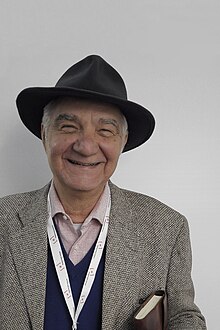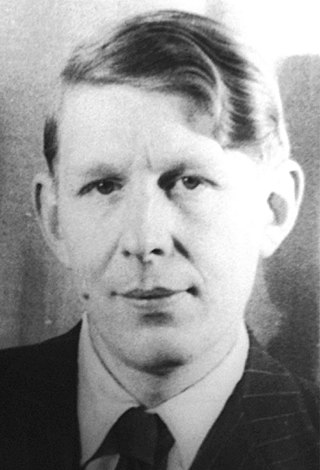
Wystan Hugh Auden was a British-American poet. Auden's poetry was noted for its stylistic and technical achievement, its engagement with politics, morals, love, and religion, and its variety in tone, form, and content. Some of his best known poems are about love, such as "Funeral Blues"; on political and social themes, such as "September 1, 1939" and "The Shield of Achilles"; on cultural and psychological themes, such as The Age of Anxiety; and on religious themes such as "For the Time Being" and "Horae Canonicae".
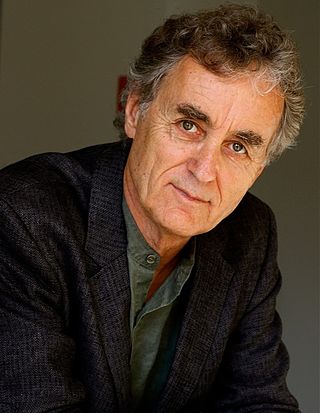
Fritjof Capra is an Austrian-born American physicist, systems theorist and deep ecologist. In 1995, he became a founding director of the Center for Ecoliteracy in Berkeley, California. He is on the faculty of Schumacher College.

The University of Bologna is a public research university in Bologna, Italy. Founded in 1088 by an organised guild of students (studiorum), it is the oldest university in continuous operation in the world, and the first degree-awarding institution of higher learning. At its foundation, the word universitas was first coined. With over 90,000 students, it is the second largest university in Italy after La Sapienza in Rome.
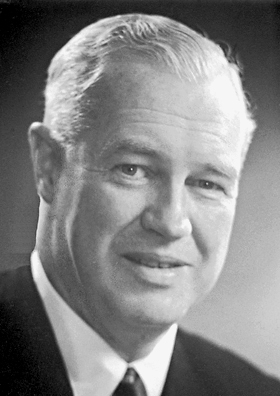
Alexander Robertus Todd, Baron Todd was a British biochemist whose research on the structure and synthesis of nucleotides, nucleosides, and nucleotide coenzymes gained him the Nobel Prize for Chemistry in 1957.

Pier Luigi Nervi was an Italian engineer and architect. He studied at the University of Bologna graduating in 1913. Nervi taught as a professor of engineering at Rome University from 1946 to 1961 and is known worldwide as a structural engineer and architect and for his innovative use of reinforced concrete, especially with numerous notable thin shell structures worldwide.

Pier Luigi Farnese was the first Duke of Castro from 1537 to 1545 and the first Duke of Parma and Piacenza from 1545 to 1547.

The House of Farnese family was an influential family in Renaissance Italy. The titles of Duke of Parma and Piacenza and Duke of Castro were held by various members of the family.

Mikhail Ivanovich Rostovtzeff, or Rostovtsev, was a Russian historian whose career straddled the 19th and 20th centuries and who produced important works on ancient Roman and Greek history. He was a member of the Russian Academy of Science.
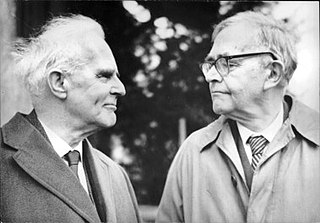
Heinrich Emil Brunner (1889–1966) was a Swiss Reformed theologian. Along with Karl Barth, he is commonly associated with neo-orthodoxy or the dialectical theology movement.

If This Is a Man is a memoir by Italian Jewish writer Primo Levi, first published in 1947. It describes his arrest as a member of the Italian anti-fascist resistance during the Second World War, and his incarceration in the Auschwitz concentration camp (Monowitz) from February 1944 until the camp was liberated on 27 January 1945.

Hervé This is a French physical chemist who works for the Institut National de la Recherche Agronomique at AgroParisTech, in Paris, France. His main area of scientific research is molecular gastronomy, that is the science of culinary phenomena.
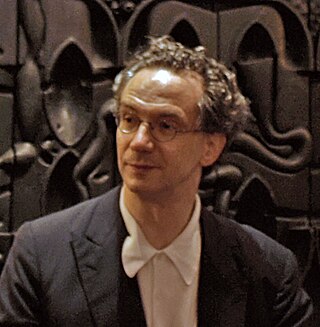
Fabio Luisi is an Italian conductor. He is currently principal conductor of the Danish National Symphony Orchestra, music director of the Dallas Symphony Orchestra, and chief conductor of the NHK Symphony Orchestra.
The Maggio Musicale Fiorentino is an annual Italian arts festival in Florence, including a notable opera festival, under the auspices of the Opera di Firenze. The festival occurs between late April into June annually, typically with four operas.
Il Popolo d'Italia was an Italian newspaper published from 15 November 1914 until 24 July 1943. It was founded by Benito Mussolini as a pro-war newspaper during World War I, and it later became the main newspaper of the Fascist movement in Italy after the war. It published editions every day with the exception of Mondays.

Atta-ur-Rahman, is a Pakistani organic chemist and is currently serving as Professor Emeritus at the International Center for Chemical and Biological Sciences at the University of Karachi and as Chairman of PM Task Force on Science and Technology. He is also the President of the Network of Academies of Sciences in Cointries of the Organisation of Islamic Countries (NASIC). After returning to Pakistan, he contributed to the development of the International Center for Chemical and Biological Sciences at the University of Karachi.

Morgante is an Italian romantic epic by Luigi Pulci which appeared in its final form in 1483; a now-lost 23 canto version likely appeared in late 1478; two other 23 canto versions were published in 1481 and 1482. The work was commissioned by Lucrezia Tornabuoni.

Renato Poggioli, was an Italian academic specializing in comparative literature. After 1938, he lived in the United States. At the time of his death, he was the Curt Hugo Reisinger Professor of Slavic and Comparative Literature at Harvard University. A prolific writer and translator, who was fluent in five languages, he is considered one of the founders of the academic discipline of comparative literature in the United States.
Stuart Warren was a British organic chemist and author of chemistry textbooks aimed at university students.
Clementina, although wrongly and popularly known as La Clementina, is a zarzuela in two acts by Luigi Boccherini. The Spanish-language libretto was by Ramón de la Cruz. It premiered at the end of 1786 at the Palace Puerta de la Vega, Madrid.

R. Adam Engle is an American social entrepreneur who initiated and developed the Mind and Life Dialogues between the 14th Dalai Lama of Tibet and panels of prominent scientists in the 1980s. Over the 22 years of his subsequent tenure as chief executive of the Mind and Life Institute, which he co-founded in 1990, his work contributed significantly to the establishment of contemplative science as a new field of research.
